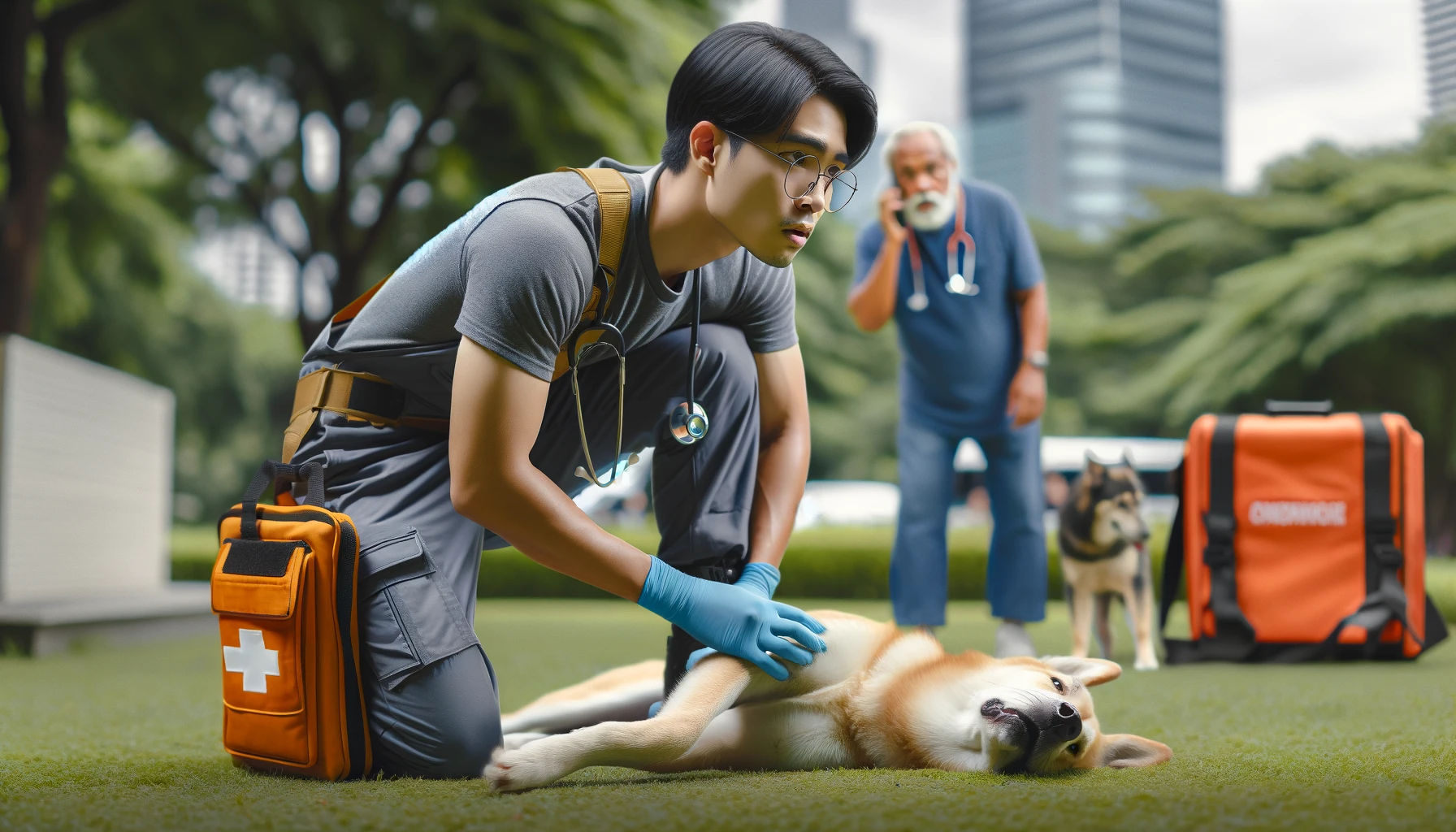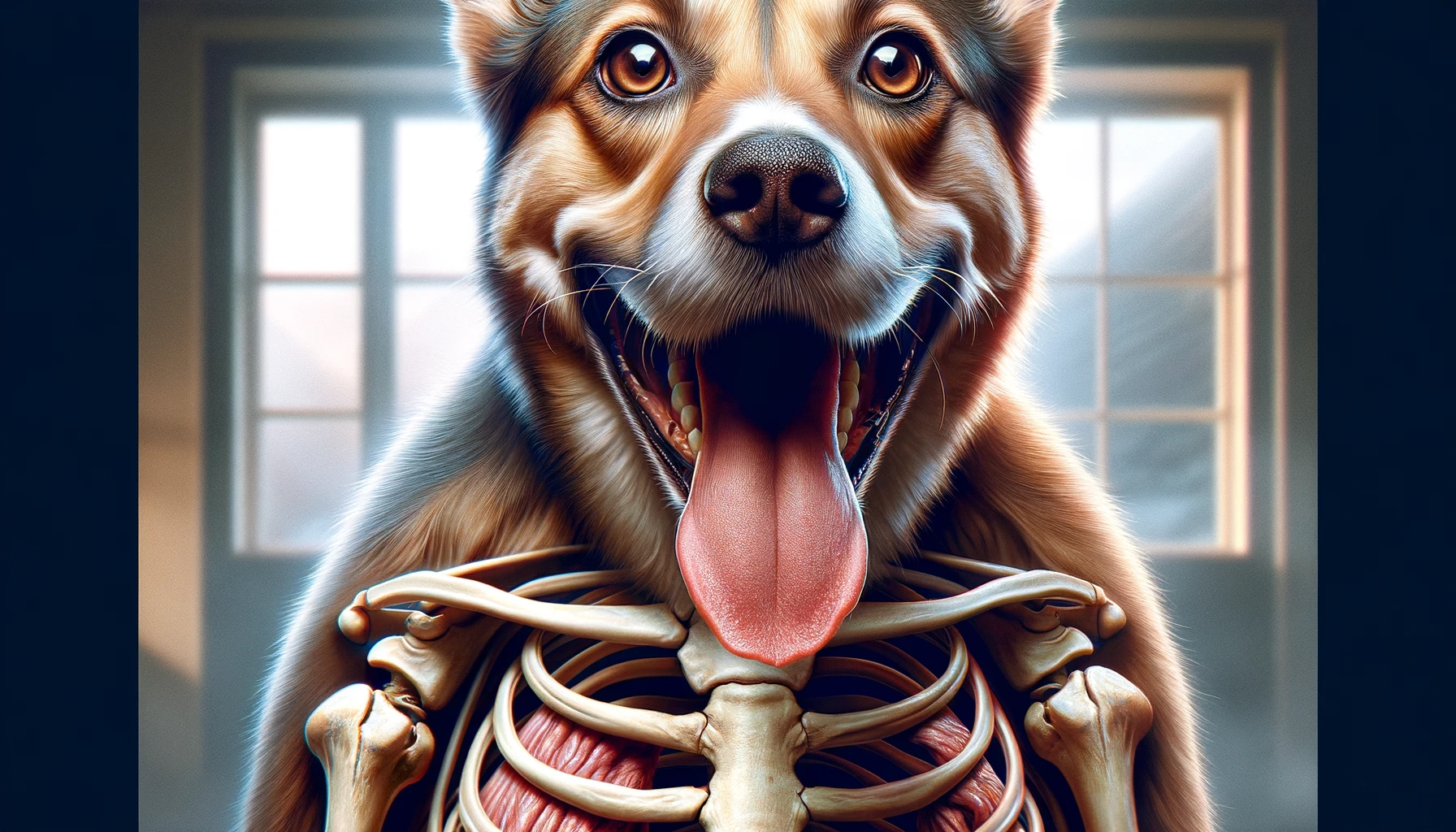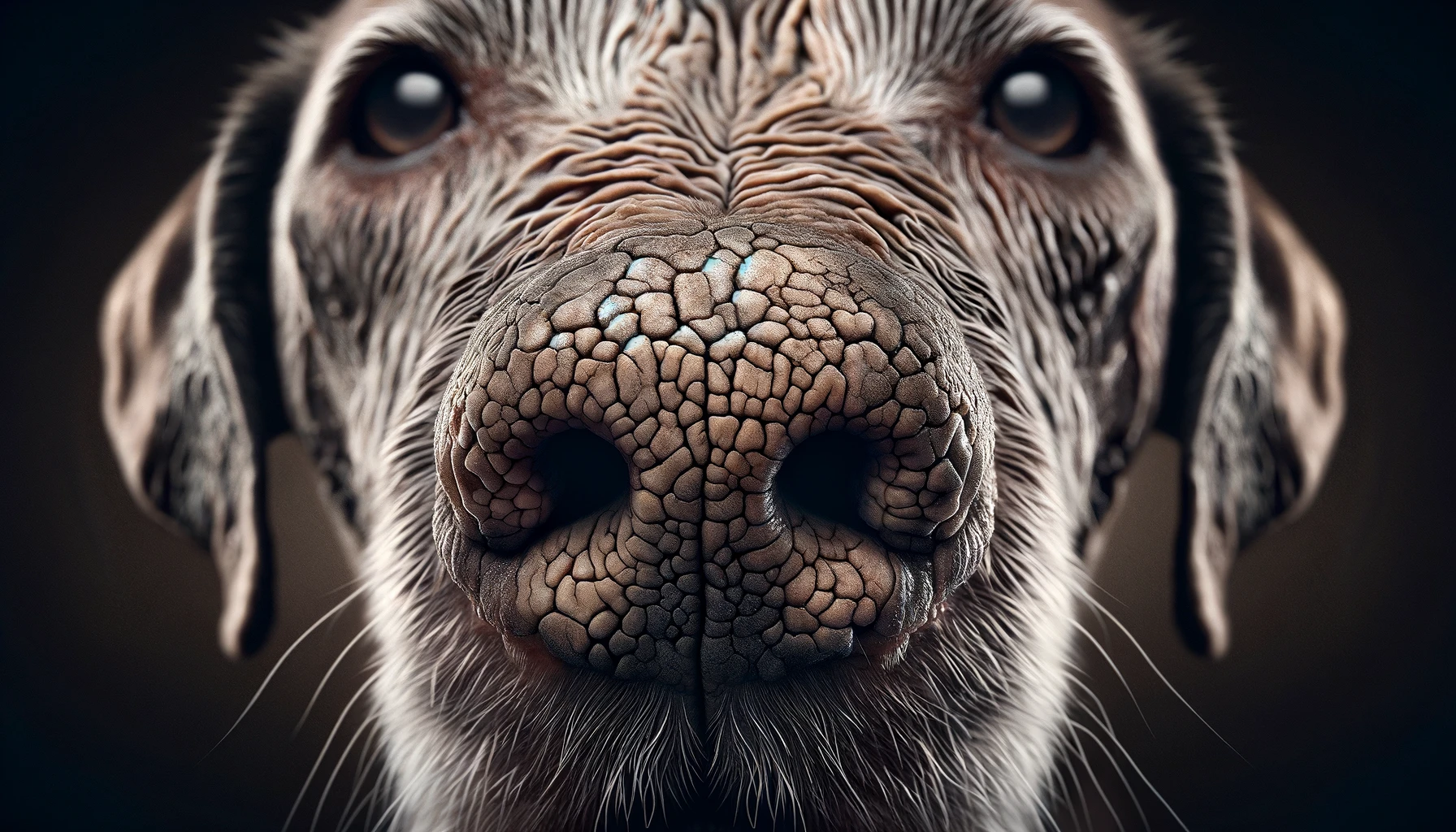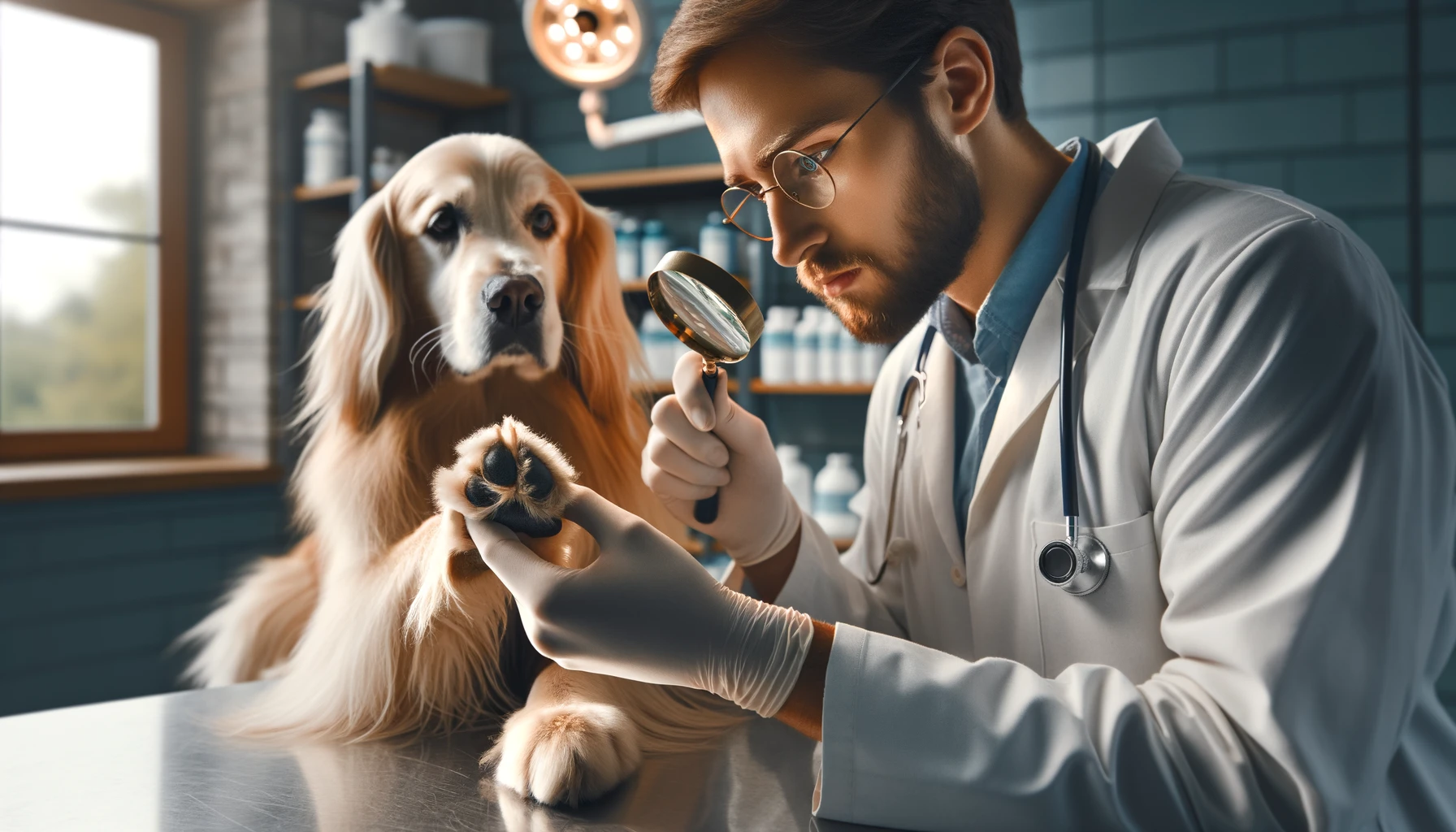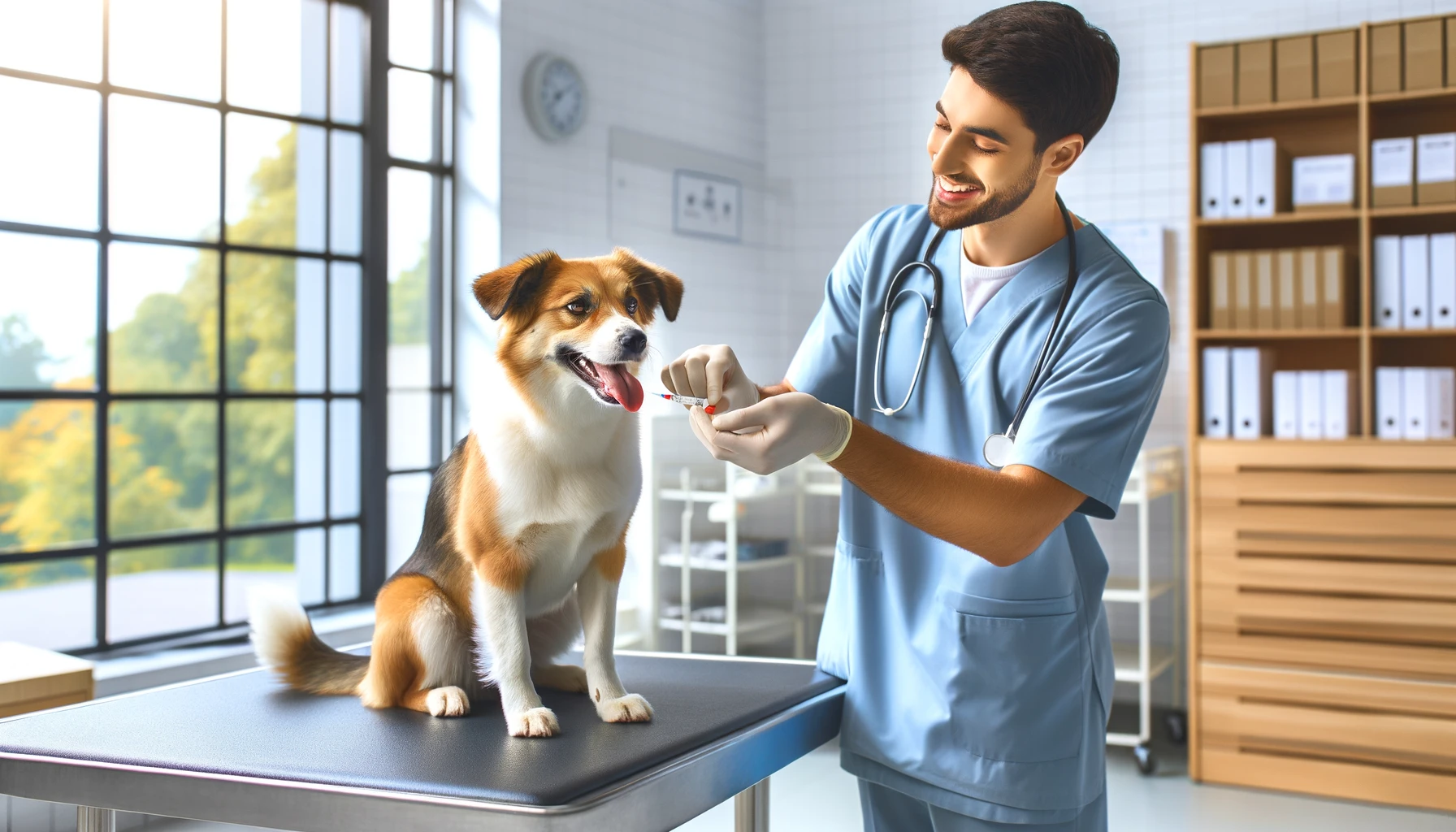Are you wondering why it's crucial to prioritize your furry friend's health?
Taking care of your dog's well-being is essential for their happiness and longevity.
Regular vet check-ups, proper nutrition, exercise, dental care, vaccinations, grooming, mental stimulation, and weight management all play a vital role in keeping your dog healthy.
By understanding the importance of these aspects and making them a priority, you can ensure your dog lives a long, fulfilling life filled with love and joy.
Key Takeaways
- Regular vet check-ups and preventive care are essential for monitoring your dog's health and detecting conditions early.
- Providing a balanced and nutritious diet, with proper portion control, is crucial for maintaining your dog's health and preventing obesity.
- Regular exercise and physical activity are necessary for keeping your dog's weight in check, strengthening their muscles and bones, and providing mental stimulation.
- Proper dental care, including regular cleanings and toothbrushing, is important for your dog's overall well-being and preventing gum disease and infection.
Regular Vet Check-Ups
To ensure your dog's overall well-being, it's crucial to schedule regular check-ups with a veterinarian. Vet recommendations are based on the principle of preventive care, which aims to identify and address potential health issues before they become major concerns. Regular check-ups allow your vet to monitor your dog's health, detect any underlying conditions early on, and provide appropriate treatments or interventions.
During these check-ups, your vet will conduct a thorough examination, checking your dog's vital signs, listening to their heart and lungs, examining their eyes, ears, and teeth, and feeling their body for any lumps or abnormalities. They may also recommend vaccinations, parasite prevention, dental cleanings, and blood tests to ensure your dog's optimal health.
Preventive care not only helps to keep your dog healthy but can also save you money in the long run by preventing the development of more serious and costly health issues. By prioritizing regular vet check-ups, you're taking proactive steps to ensure your dog's health and well-being.
Proper Nutrition and Diet
Ensuring your dog's overall well-being continues with prioritizing proper nutrition and diet. Just like humans, dogs need a balanced and nutritious diet to stay healthy and thrive. Here are some important points to consider when it comes to your dog's nutrition:
- Nutritional supplements: Sometimes, your dog may need additional nutritional support. Supplements like Omega-3 fatty acids can promote a healthy coat and joint health, while probiotics can aid in digestion. It's important to consult with your veterinarian before adding any supplements to your dog's diet, as they can guide you on the right type and dosage for your furry friend.
- Portion control: Maintaining a healthy weight is crucial for your dog's overall health. Feeding them the right amount of food is essential. It's important to follow the feeding guidelines provided by your dog's food manufacturer, as they're formulated based on your dog's weight, age, and activity level. Overfeeding can lead to obesity, which can increase the risk of various health issues such as diabetes, heart disease, and joint problems.
Regular Exercise and Physical Activity
Regular exercise and physical activity are crucial for your dog's overall health and well-being. Not only does exercise help maintain a healthy weight, but it also strengthens muscles, improves cardiovascular health, and promotes better mental stimulation.
Regularity is key, as consistent exercise and physical activity can prevent obesity, reduce the risk of certain diseases, and enhance your dog's quality of life.
Exercise for Dog's Health
Make sure your dog stays healthy by prioritizing regular exercise and physical activity. Exercise isn't only important for your dog's physical well-being but also for their mental stimulation. Here are the key benefits of regular exercise:
- Physical benefits:
- Helps maintain a healthy weight, reducing the risk of obesity-related health issues.
- Strengthens muscles, joints, and bones, improving overall mobility and reducing the risk of injuries.
- Mental benefits:
- Provides mental stimulation, preventing boredom and destructive behaviors.
- Reduces anxiety and stress, promoting a calmer and happier demeanor.
Regular exercise should include activities like daily walks, interactive playtime, and even mental exercises such as puzzle toys or obedience training. Tailor the exercise routine to your dog's age, breed, and energy level.
Physical Activity Benefits
To maintain your dog's overall health, it's crucial to continue prioritizing their physical activity through regular exercise. Physical activity benefits your dog in numerous ways, both physically and mentally. Regular exercise helps to keep their weight in check, reducing the risk of obesity and related health issues. It also strengthens their muscles and joints, improving their overall mobility and reducing the risk of injuries.
In addition to the physical benefits, physical activity provides mental stimulation for your dog. It helps to alleviate boredom, reduce anxiety, and promote a sense of well-being. Engaging your dog in activities such as walks, runs, or playtime not only keeps them fit, but also contributes to their overall happiness and quality of life.
Importance of Regularity
Ensure that your dog exercises consistently to maintain their physical and mental well-being. Regular exercise and physical activity have numerous benefits for your furry friend's health. Here are some important points to remember:
- Physical health advantages:
- Maintains a healthy weight: Regular exercise helps prevent obesity, which can lead to various health issues.
- Strengthens muscles and bones: Physical activity promotes muscle development and strengthens your dog's bones, reducing the risk of fractures and injuries.
- Mental well-being benefits:
- Reduces anxiety and stress: Exercise releases endorphins, which elevate mood and help alleviate anxiety and stress in dogs.
- Stimulates brain activity: Regular physical activity keeps your dog's mind sharp, improving cognitive function and preventing mental decline.
Dental Care and Oral Hygiene
Taking proper care of your dog's dental health and oral hygiene is crucial for their overall well-being. Just like humans, dogs can suffer from dental issues such as plaque buildup, gum disease, and tooth decay. Regular dental cleanings and proper toothbrushing techniques can help prevent these problems and promote a healthy mouth for your furry friend.
Dental cleanings performed by a veterinarian are important for your dog's oral health. During these cleanings, the vet will remove any plaque or tartar that has built up on your dog's teeth. This is crucial because if left untreated, plaque can harden into tartar, which can lead to gum inflammation and infection. Regular cleanings can also prevent tooth loss and decrease the risk of other health problems such as heart disease.
In addition to professional cleanings, you should also establish a regular toothbrushing routine for your dog. Using a dog-specific toothbrush and toothpaste, gently brush your dog's teeth in small, circular motions. Be sure to focus on the gum line, as this is where plaque tends to accumulate. Brushing your dog's teeth at least three times a week is recommended to maintain optimal oral hygiene.
Vaccinations and Preventatives
One important aspect of prioritizing your dog's health is making sure they receive the necessary vaccinations and preventatives. Vaccinations play a crucial role in protecting your furry friend from various diseases that can be potentially life-threatening. Following a vaccination schedule recommended by your veterinarian ensures that your dog is protected against common illnesses such as rabies, distemper, parvovirus, and hepatitis. These vaccines stimulate your dog's immune system to produce antibodies, providing them with the defense they need to fight off infections.
In addition to vaccinations, preventive measures against fleas are equally important for your dog's overall well-being. Fleas can cause severe discomfort, itching, and allergic reactions in dogs. They can also transmit diseases and parasites. Using flea prevention products, such as spot-on treatments, collars, or oral medications, can help keep your dog free from these pesky pests. Regularly checking for fleas and ticks during grooming sessions is also crucial.
Grooming and Hygiene Practices
Taking care of your dog's grooming and hygiene is crucial for their overall health and well-being. Regular grooming not only keeps your dog looking their best, but it also helps prevent a wide range of health issues.
Regular Grooming Benefits Dogs
Regular grooming improves your dog's overall health and well-being. It goes beyond just keeping their coat looking good; it plays a crucial role in maintaining their hygiene and preventing health issues. Here are some key benefits of regular grooming for your furry friend:
- Coat maintenance:
- Regular brushing helps remove dead hair, dirt, and debris from your dog's coat, preventing matting and tangling.
- Trimming their nails regularly prevents them from becoming overgrown and causing discomfort or difficulty walking.
- Skin health:
- Grooming allows you to check for any skin issues like rashes, dryness, or parasites, allowing for early detection and treatment.
- Bathing helps remove allergens and irritants from their skin, reducing the risk of allergies and skin infections.
Hygiene Prevents Health Issues
To maintain your dog's overall health and prevent potential issues, it's essential to prioritize proper grooming and hygiene practices.
Regular grooming not only keeps your dog looking good, but it also plays a vital role in preventing infections and reducing allergies. By regularly brushing your dog's coat, you can remove dirt, debris, and loose hair, preventing matting and skin irritation.
Bathing your dog with a gentle, dog-specific shampoo helps to remove allergens and bacteria that can cause skin problems and infections. Additionally, keeping your dog's ears clean and nails trimmed can prevent ear infections and painful nail issues.
Maintaining good hygiene practices also allows you to regularly check for any signs of skin issues, pests, or abnormalities, ensuring early detection and timely treatment.
Mental Stimulation and Enrichment
You can provide your dog with mental stimulation and enrichment to prioritize their health. Dogs, like humans, need exercise for their bodies and stimulation for their minds to stay healthy and happy. Here are some ways you can provide your furry friend with the mental stimulation they need:
- Brain Games: Engaging your dog in brain games can keep their minds sharp and active. These games can include puzzles, hiding treats, or teaching them new commands. Not only do brain games provide mental exercise, but they also strengthen the bond between you and your dog.
- Interactive Toys: Interactive toys are a great way to keep your dog mentally stimulated when you're not around. These toys are designed to challenge your dog's problem-solving skills and keep them entertained for hours. Whether it's a treat-dispensing puzzle toy or a toy that requires them to figure out how to access their favorite treat, interactive toys can provide hours of mental stimulation.
By incorporating brain games and interactive toys into your dog's routine, you're helping to prioritize their mental health. A mentally stimulated dog is less likely to develop behavioral issues such as boredom-induced chewing or excessive barking. Additionally, mental stimulation can help prevent cognitive decline in older dogs, keeping their minds sharp and active as they age.
Monitoring and Managing Weight
To ensure your dog's overall health, it's important to monitor and manage their weight. Just like humans, dogs can also be prone to weight-related issues such as obesity, which can lead to a range of health problems. Weight management plays a crucial role in preventing obesity and maintaining your dog's well-being.
Obesity in dogs can result in various health issues, including diabetes, heart disease, joint problems, and reduced lifespan. Monitoring your dog's weight is essential to catch any changes early on and take appropriate action. Regularly weighing your dog and keeping track of their weight can help you identify if they're gaining or losing weight unexpectedly.
Managing your dog's weight involves a combination of diet and exercise. Consult with your veterinarian to determine the appropriate portion sizes and types of food for your dog's age, breed, and activity level. They may recommend a specific diet or provide guidance on how to adjust their current food intake. Additionally, regular exercise is essential for weight management. Engage your dog in daily physical activities such as walks, playtime, and interactive toys to help them burn calories and maintain a healthy weight.
Frequently Asked Questions
How Often Should I Take My Dog to the Vet for Regular Check-Ups?
You should take your dog to the vet for regular check-ups at least once a year. These visits are important to ensure your dog's health and catch any potential issues early.
What Should I Feed My Dog to Ensure a Proper Nutrition and Diet?
To ensure proper nutrition and diet for your dog, it's essential to feed them a balanced diet that meets their specific needs. Consider their age, breed, and any common food allergies or sensitivities. Additionally, weight management is crucial for their overall health.
How Much Exercise Should My Dog Get on a Daily Basis?
To keep your dog healthy, it's important to prioritize their exercise routine. Regular exercise has many benefits for dogs, such as maintaining a healthy weight, improving cardiovascular health, and preventing behavioral issues.
What Are Some Dental Care Practices I Can Implement to Maintain My Dog's Oral Hygiene?
To maintain your dog's oral hygiene, you can implement effective brushing techniques and provide dental chews. Regular brushing helps prevent plaque and tartar buildup, while dental chews can aid in removing plaque and freshening breath.
Which Vaccinations and Preventatives Are Essential for My Dog's Health and Why?
To keep your dog healthy, it's crucial to follow a vaccination schedule and provide preventatives. Vaccines protect against deadly diseases, while preventatives, like flea and tick treatments, safeguard your dog from parasites and potential health issues.
Conclusion
In conclusion, prioritizing your dog's health is crucial for their overall well-being and happiness. Regular vet check-ups, proper nutrition, exercise, dental care, vaccinations, grooming, mental stimulation, and weight management are all essential aspects of ensuring your dog stays healthy.
By taking these steps, you aren't only preventing potential health issues but also showing your love and compassion for your furry companion. Remember, a healthy dog is a happy dog, and their health should always be a top priority.

